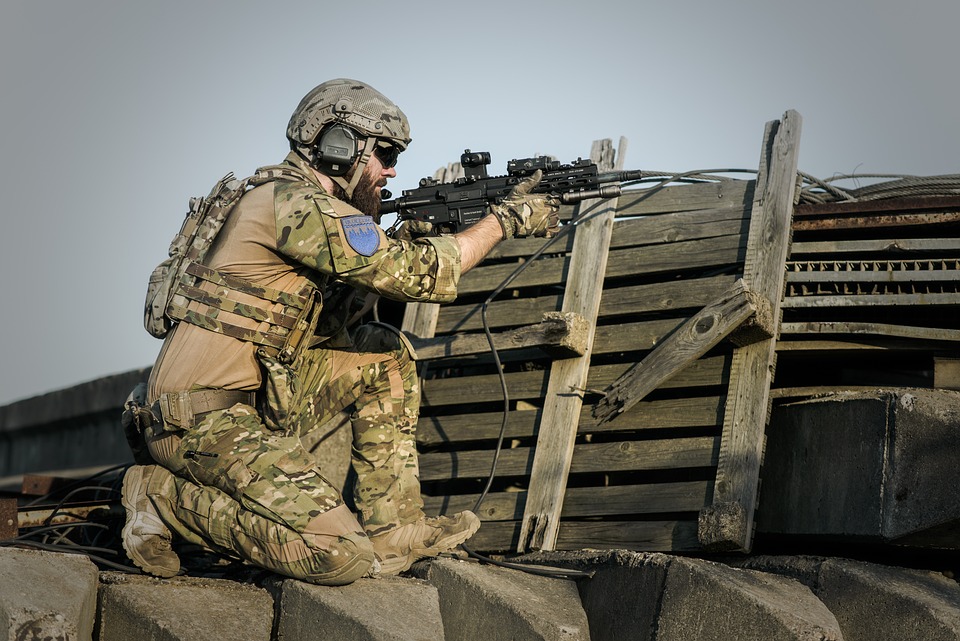Globalization has had a profound impact on international security. In the past, security was largely a matter of state-to-state relations, with the primary focus being on military power and the balance of power. Today, however, globalization has changed the nature of security, making it a much more complex and interconnected issue.
The most obvious impact of globalization on international security is the increased interconnectedness of the world. With the rise of the internet, global communication networks, and international trade, countries are now more connected than ever before. This has led to a greater level of interdependence between countries, as well as increased opportunities for cooperation and collaboration. This interdependence has also made it easier for terrorist organizations and other non-state actors to operate across borders, making international security more difficult to maintain.
Another major impact of globalization on international security is the increased economic interdependence between countries. As countries become more integrated economically, they become more vulnerable to economic shocks and crises. This can have a destabilizing effect on international security, as countries may be more likely to resort to military action in order to protect their economic interests.
Finally, globalization has also had an impact on the nature of international conflict. In the past, conflicts were largely confined to a single region or country. Today, however, conflicts can quickly spread across borders, as countries become more interconnected. This has made it more difficult for countries to contain conflicts and has increased the potential for global conflict.
Overall, globalization has had a profound impact on international security. It has increased the interconnectedness of the world, making it easier for terrorist organizations and other non-state actors to operate across borders. It has also increased economic interdependence between countries, making them more vulnerable to economic shocks and crises. Finally, it has changed the nature of international conflict, making it more difficult to contain and increasing the potential for global conflict.

















